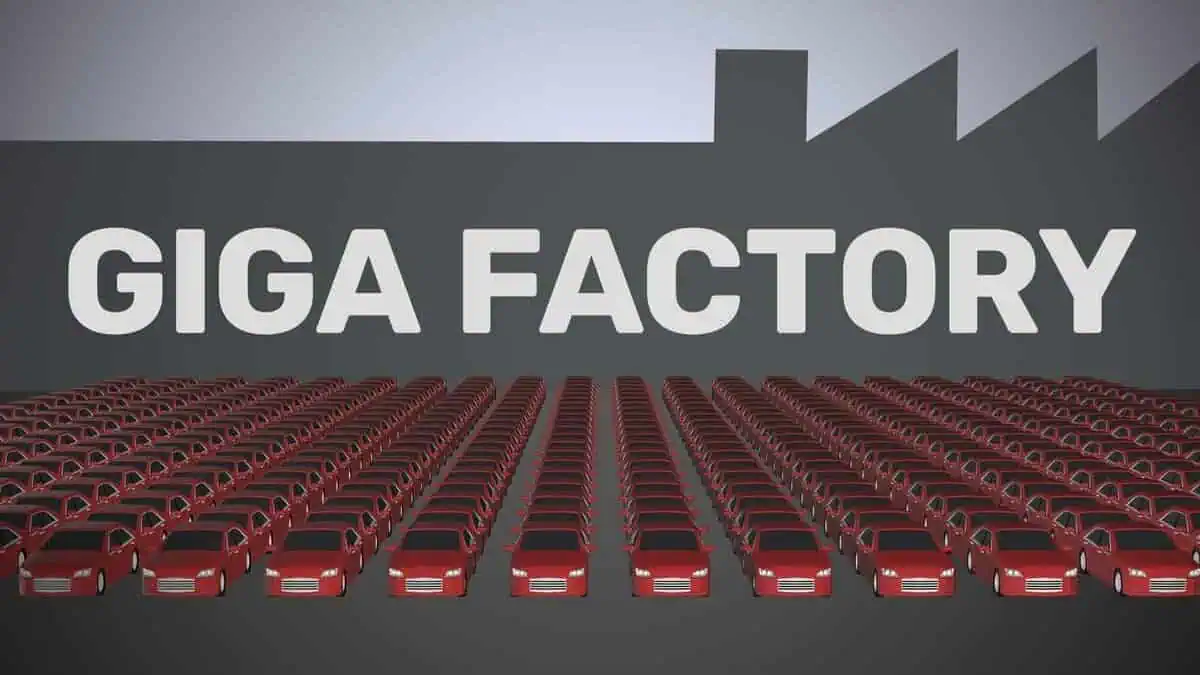Swedish li-ion battery maker Northvolt has just secured a whopping €902 million ($986 million) subsidy from the German government for its proposed local gigafactory development.
EU approves millions for Northvolt’s project
The European Commission officially approved the €902 million subsidy from Germany to Northvolt as part of the State aid rules called “Temporary Crisis and Transition Framework.”
The subsidy will support Northvolt’s upcoming gigafactory construction, which will produce battery cells in the future.
“The Commission has adopted a separate decision approving €902 million of German support to Northvolt. The aid will enable Northvolt’s investment in a gigafactory to produce battery cells for electric vehicles in Europe instead of the United States.”
Executive Vice-President Margrethe Vestager, in charge of competition policy
About the project
Northvolt’s German battery factory will arise in Heide, Schleswig-Holstein. It is an area designated for regional aid, with total investment costs of about €2.5 billion.
Therefore, the new battery factory will be located in close proximity to a plentiful supply of wind power.
Northvolt initially announced its plans to develop a new 60 GWh li-ion battery factory in March 2022, with construction set to start in 2025. However, it postponed the project later that year due to high energy prices in the European market caused by the Russia-Ukraine war.
According to the European Commission, Northvolt’s gigafactory will launch operations in 2026. It will gradually hit full production capacity in 2029.
Driving factor
The European Commission emphasized the significance of the measure, saying that Northvolt may instead pursue the US for the gigafactory investment due to the major incentives under the Inflation Reduction Act.
Therefore, they acted fast to ensure that Northvolt would stick to its decision to erect the battery factory in Germany.
“It is the first individual measure that was approved in line with the exceptional possibility under the Temporary Crisis and Transition Framework. It allows for providing higher amounts of aid if the investment is at risk of being diverted from Europe due to the availability of foreign subsidies.
Today’s decisions show that our State aid rules enable Member States to accelerate net-zero investments at this critical moment while protecting the level playing field in the Single Market and cohesion objectives.”
Executive Vice-President Margrethe Vestager, in charge of competition policy
The European Commission believes that the subsidy approval will significantly boost the bloc’s transition to clean energy and aid its efforts to break away from its heavy reliance on China.
Notably, Northvolt is also currently developing a new battery factory in Quebec. The national government committed to providing $4.4 billion, while the provincial government will contribute $2.9 billion.






